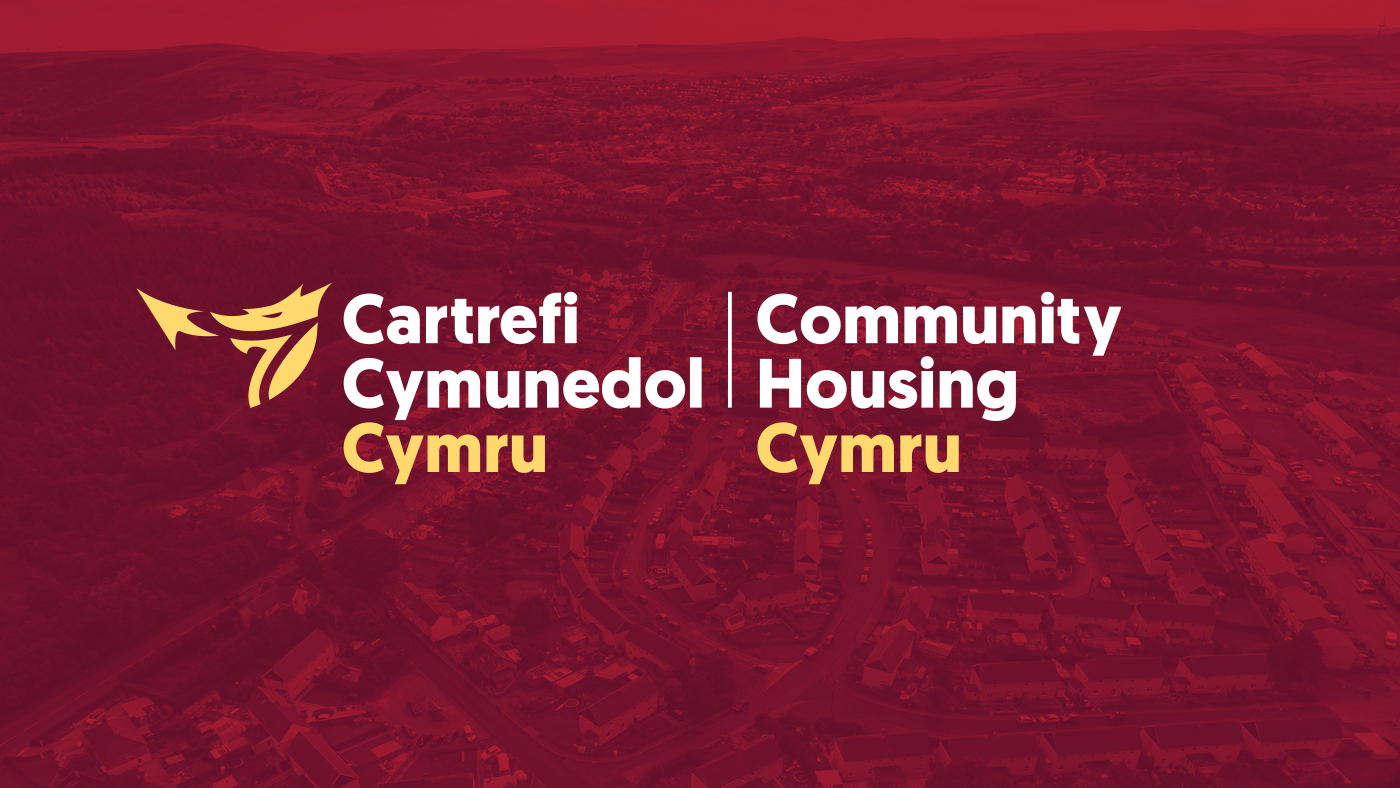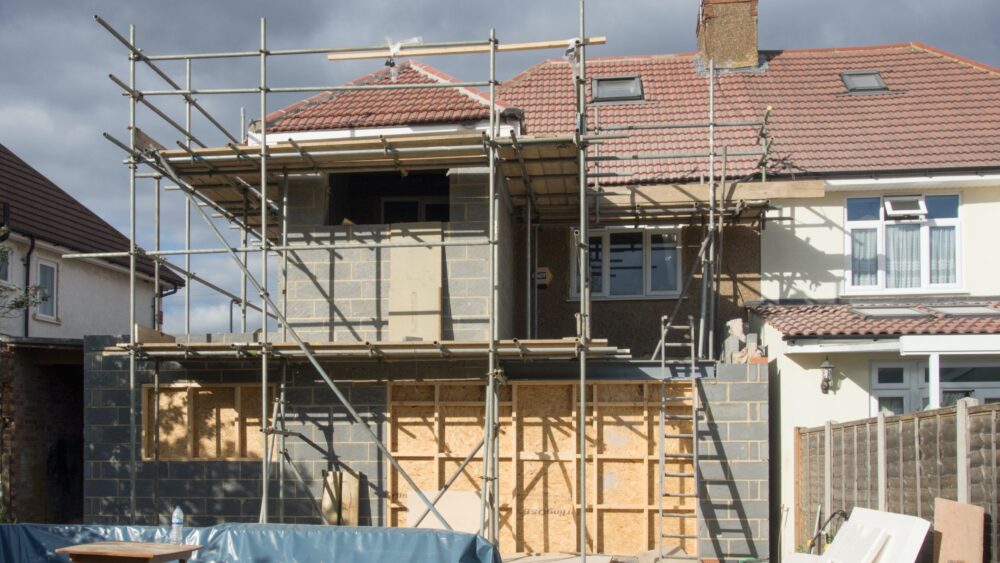Meeting the homelessness challenge: our response to Welsh Government’s white paper

The UK’s housing crisis can be traced back decades. However in recent years, following the Covid-19 pandemic and due to the cost of living crisis, we have seen a worrying escalation and more people have been struggling to find decent, affordable housing.
In Wales, the social housing sector is working hard to do its part to meet this need for housing but evidently we do not yet have enough affordable homes for everyone that needs them. The numbers of people in temporary accommodation in Wales continue to rise, and the crisis is deepening.
We and the housing associations we represent welcomed the Ending homelessness in Wales white paper. Whilst written by the Welsh Government, it was largely informed by the report of the Expert Review Panel, which we were proud to contribute to on behalf of our members.
The Expert Review Panel was a space for robust, honest debate - including between people with lived experience, social housing providers, homelessness services, the public and third sectors - as we collectively work towards our shared goal of ending homelessness in Wales.
Throughout our contribution to the Expert Review Panel, and our written response to the white paper, we have tested ideas and proposals against a clear goal: that we pursue a sustainable, person-centred route to ending homelessness in Wales.
In simple terms, this means the right home, in the right place, with the right support for as long as it is needed.
Sounds straightforward? It should be. But the reality of delivering on this vision will continue to be challenging, and there are still many questions for us to grapple with.
Solutions that work for people
Legislation is just one of the tools at our collective disposal to end homelessness. And it does not work in isolation.
Legislation must be supported with adequate resources so that reforms can be put into action. To make a success of these ideas we need more affordable homes, the right support for people to enable them to make their house and community a home, and strong relationships between partners to make sure we are all working to the same shared goal.
In practical terms, this will require both continued investment in the supply of new social homes, a sustainable funding settlement for the Housing Support Grant, and really strong local partnerships - with everyone pulling in the same direction - to ensure a sustainable match between person and home.
We also need much improved data to ensure policy and legislative decision-making is informed, evidence-based, and that we are able to judge the effectiveness of any future reforms.
Sounds straightforward? It should be.
But the reality of delivering on this vision will continue to be challenging, and there are still many questions for us to grapple with.
Allocations reform
While we agree with the vast majority of proposals in the white paper - and have made suggestions as to how we can collectively make a success of these changes - there is one notable exception. We do not believe the proposed reforms to allocations will deliver the desired outcomes, and think there is a significant risk of unintended consequences. You can read more about those in our full response.
The Scottish experience of the proposed reforms indicates that, even with legislation in place, the variation in the number of social homes given to people currently experiencing homelessness remains - suggesting that the issue to be addressed cannot be solved with a prescribed obligation. Something else is needed to make the shift.
We have an opportunity in Wales to learn from Scotland’s experience, including the review’s recommendations to focus attention on strengthening partnerships and developing common allocations policies, and develop an evidence-based solution that will truly solve the problem.
Working with our members we have commenced a deep-dive into allocations practice in Wales, to understand the factors that are affecting allocation decisions and to improve our collective ability to make evidence informed policy decisions.
We appreciate the scale of the challenge that Welsh Government faces as it tries to end homelessness while avoiding unintended consequences. But it is vital that we understand and use the most appropriate tools in our collective toolbox to realise the changes to the homelessness system we all desperately want to see.
And the process of implementing any homelessness support system changes is as important as the drafting of legislation itself. The pressure on homelessness services and acute need for more social homes means that, without significant change on both of these fronts, the proposals will require a phased and supported implementation period if they are to be a success once rolled out.
As key delivery partners, housing associations alongside local authorities are committed to playing their full part by bringing their knowledge of local places and processes to support effective implementation and phasing.
The white paper is the continuation of an important debate, and many questions remain unanswered, yet the ambition to end homelessness in Wales has never been more urgent or important. Alongside our members, we remain committed to meeting the challenge.






